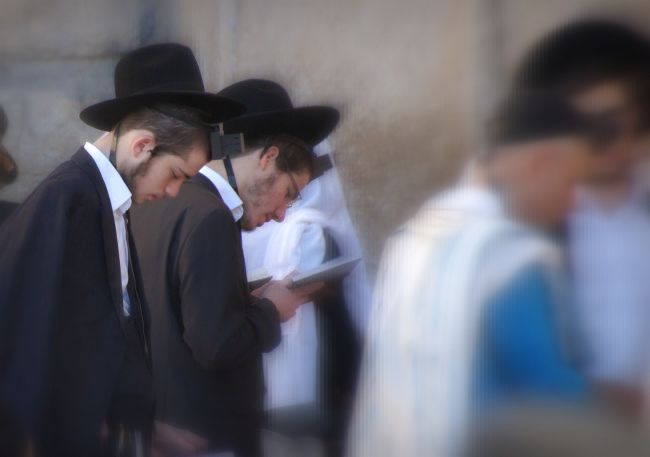“When Rabbi Akiva would pray by himself, he would bow down with such vigor that he would start his prayers in one corner of the room and finish in another” (Brachos 31a). Physically lowering oneself before Hashem shows humility, and is an integral part of prayer. Although intense displays are not appropriate for most situations, our Sages established that one should bow down during Shemoneh Esrei.
“When bowing down a person should bend his body quickly and pick himself up slowly, in order to show that bowing is not a burden. While bending over he should make sure that he moves every vertebra in his spine” (Shulchan Aruch 113: 4,6). Our Sages were very specific about how we should bow down in order to express appropriate humility, since excessive displays can in fact be a sign of arrogance.
“A person should bow down four times during Shemoneh Esrei, twice at the start and twice at the conclusion. … A kohen gadol bows at the start and conclusion of each blessing, and a king bends down at the start of Shemoneh Esrei and does not raise himself up until he finishes” (Brachos 34a; Shulchan Aruch 113,1). The greater the Jew’s spiritual status, the more bowing he needs to do to humble himself before Hashem.
Text Copyright © 2009 by Rabbi Daniel Travis and Torah.org


